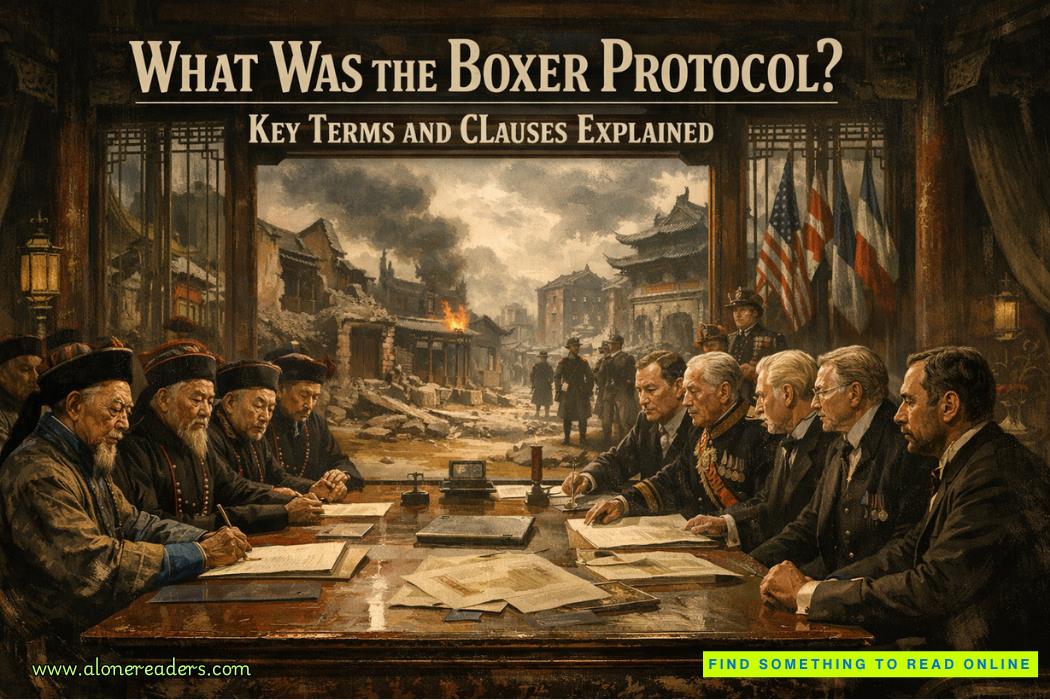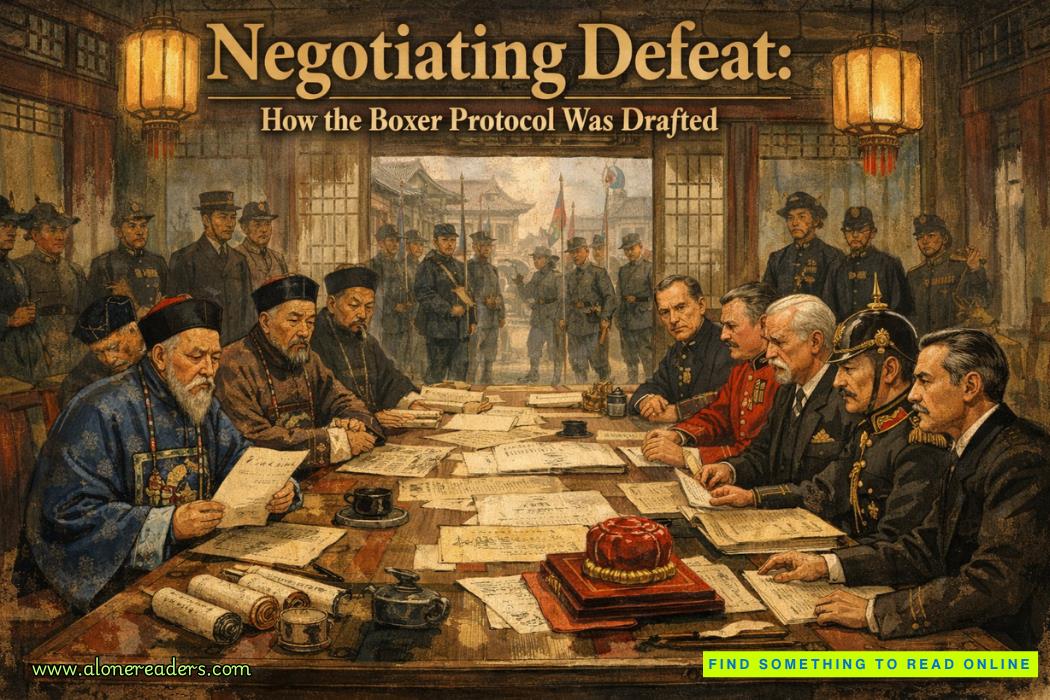Surely Claire would have confided in her sister. And since he knew the two women had not yet had the opportunity to converse since that terrible evening’s revelations, the likelihood of them conspiring to deceive him still further was slim indeed. If he could not trust the one to give him honesty, he could at least prevail upon the other.
Mrs. Shipley’s modest home was alive with the gay laughter of her two children. Of course the walls were thin, the shutters girding the windows ramshackle at best. He rapped the door with his knuckles, displeased to find that the ancient, unvarnished wood had left its mark upon his otherwise pristine gloves.
A moment later, Mrs. Shipley opened the door. With one hand she clutched her shawl tight about her shoulders, her face going blank in shock. Behind her there was the thunder of small feet racing over the floors, the shriek of small girl’s laughter.
It occurred to Gabriel rather suddenly that this woman was his sister-in-law, these children his niece and nephew. His son’s aunt and cousins. And they resided in a neighborhood just a cut above dreadful, in full outerwear even in their home, likely due to the high cost of coal.
“Mrs. Shipley,” he said. “May I come in?”
Like a sleepwalker, she stepped away from the door slowly, as if in a daze. “Of course, my lord,” she said, and her voice faded into nothingness, less than a whisper by the end. “Claire…?”
“My wife,” he said crisply, and the words sounded like a curse, “is unaware of my visit.”
Mrs. Shipley paled. “Richard,” she said to her son, clearing her throat. “Please go to market and fetch a sack of flour. Take Judith with you.”
“Aw, Mum,” the boy said, his face scrunching into a petulant scowl, as his sister screeched her delight.
Gabriel fished in his pockets for coins, understanding the diversionary tactic for what it was. As he drew out a handful of change, Mrs. Shipley set her chin in stubborn refusal—proud, like her sister.
“That’s not necessary, my lord,” she said. “We have a little money. Claire is generous with her wages.”
Somehow this did not surprise him. Of course she would support her family in whatever way she could. It was the fact that her largesse did not extend to herhusbandthat infuriated him.
The children collected a handful of carefully parceled out coins from their mother and scampered out the door with the enthusiasm of youth, and Mrs. Shipley took refuge in the mechanical preparation of tea.
When he showed no signs of breaching the uncomfortable silence, Mrs. Shipley was at last moved to do so herself. “My lord,” she said, “I can only assume that this is not a social call—”
“Is not a man permitted to call upon his relations?” he interrupted, and though the words had been tendered blithely, still she flinched from them. “I suppose I am several years removed from fostering an acquaintance, but surely better late than never?”
“How can you be so cold?” she hissed between clenched teeth, galvanized into fury by his cool demeanor. “How dare you presume upon a relationship that you know full well does not exist? How dare you sit in judgment, my lord, when it was byyourdesign that my sister was left abandoned with your bastard growing in her belly?”
“I never did!” Gabriel flashed back. “I never abandoned her—” But his righteous rage deserted him abruptly as he realized all at once that despite their weekly visits, Claire had not confided in her sister. She had not betrayed him by disseminating her knowledge of his affliction, even to her family. If Mrs. Shipley yet believed that he had willfully seduced and abandoned Claire, then Claire could not have informed her otherwise. In this, at least, she had not betrayed him.
“I never did,” he repeated, sinking into a hard worn chair that would no doubt pepper his breeches with splinters. “I swear I did not willingly do so.”
Mrs. Shipley drew herself up, surveying him with eyes so like Claire’s, which saw too much, looked too deeply. At last she drew in a great breath and said, “Why have you come, my lord?”
“For the truth. It seems your sister has little enough familiarity with the concept.” The cutting words displeased her. She set a cup of tea down before him in a parody of politeness—the force of it sent tea sloshing over the edge of the cup, straight onto his breeches. He patted at the spot with his handkerchief, scowling.
“Forgive me,” he said acidly. “It’s not every day a man who assumes himself to be a widower finds his wife is, in fact, alive and well and working in his own household. I fear it has left me rather out of sorts.”
Mrs. Shipley jerked as if he had struck her. “Your wife, my lord? Do you mean to say—”
“I mean to say that although I have no memory of it, I have no reason to doubt that Claireismy wife.” He scrunched up his handkerchief and shoved it into his pocket.
“How can you have no memory of it?” Mrs. Shipley asked, indignant all over again. “Have you had so many wives, then, my lord, that Claire has slipped your mind entirely?”
And as if his mouth had turned into a faucet from which words poured with indefinable ease, he found himself recounting, to the best of his sorely lacking knowledge, everything he could. The accident, the missing years he’d spent so long concealing, his father’s inconvenient confession. Sending a Runner to track down information, what he’d uncovered—and then Claire’s unmasking. Disjointed and sparse on detail though it was, given that he had little enough of it to offer, he had nonetheless shocked Mrs. Shipley into a stupor, and she sat in contemplative silence for a long minute, staring down at the scarred surface of the table.
With one hand Mrs. Shipley covered her mouth, her eyes drifting back up to him. Her voice was muffled through her fingers as she spoke: “The duke—your father—told her the license was forged. That she had been deceived. She thought it was of no value, worth less than the paper upon which it was printed. Just a cruel joke played on an unwitting woman, and rather than be reminded of her naïveté, she cast it into the fire.”
As he’d thought. If there had been proof, certainly Claire would have produced it.
“But I saved it.”
His head jerked up. “Yousavedit?”
“Yes, I—it was only a slip of paper, my lord, and she cast it toward the hearth without much attention to the task. One edge is a little scorched, I admit, but I pulled it from the hearth mostly whole. In those days I was so furious on her behalf—I thought to save it as proof of your perfidy for a breach of promise suit against you.” She drifted across the room to the hearth, where above the mantel rested a few well-worn books. Leafing through the pages of a copy of theBook of Common Prayer, she at last withdrew a folded piece of paper.















